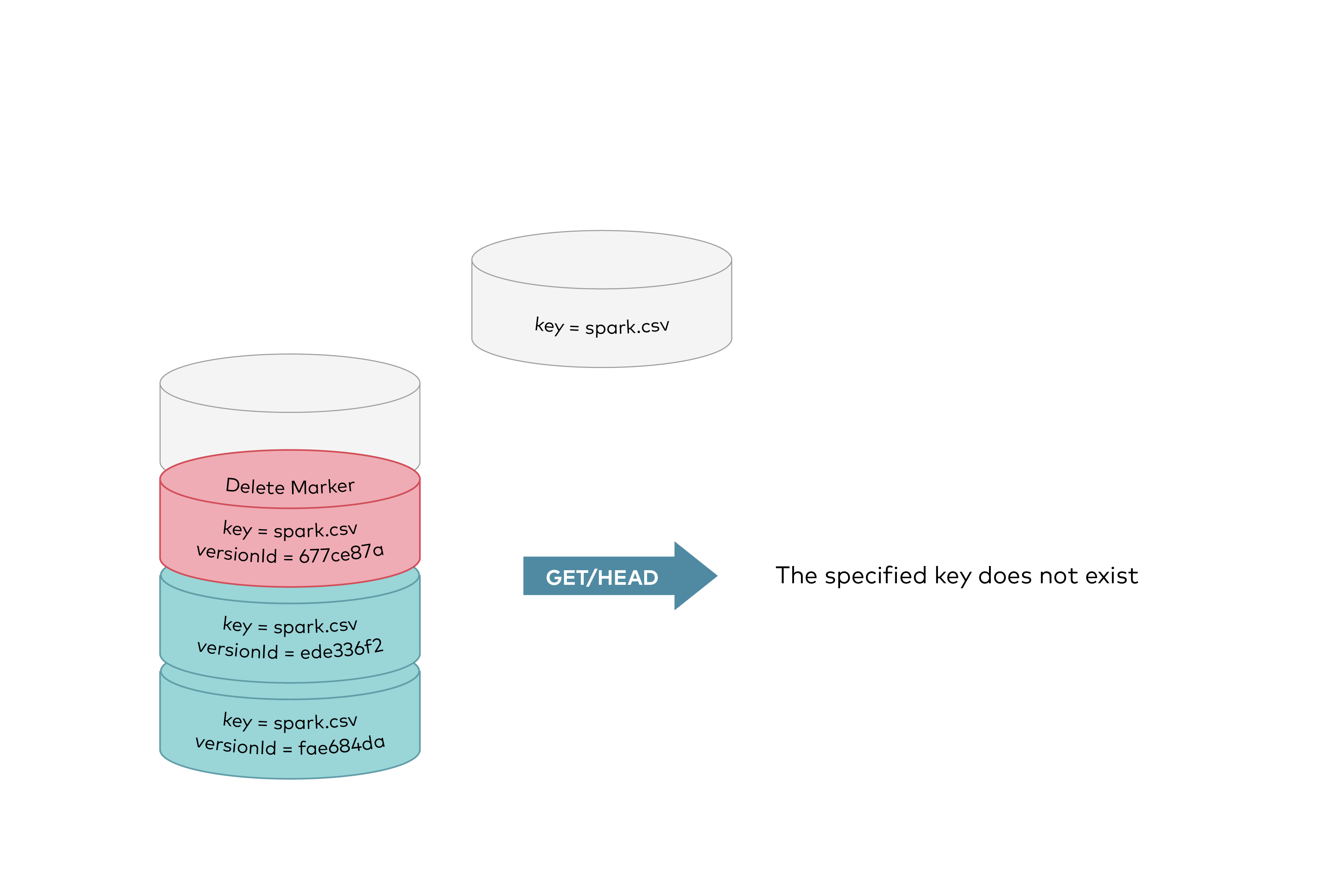- Sort Score
- Result 10 results
- Languages All
Results 31 - 40 of 9,319 for As (0.02 sec)
-
fess-crawler/src/main/java/org/codelibs/fess/crawler/filter/UrlFilter.java
* @return true if url is matched */ boolean match(String url); /** * Add an url pattern as a target. * * @param urlPattern Regular expression that is crawled */ void addInclude(String urlPattern); /** * Add an url pattern as a non-target. * * @param urlPattern Regular expression that is not crawled */ void addExclude(String urlPattern);Registered: Sat Dec 20 11:21:39 UTC 2025 - Last Modified: Sat Mar 15 06:52:00 UTC 2025 - 1.6K bytes - Viewed (0) -
.github/ISSUE_TEMPLATE/bug-report.yaml
description: Report a bug encountered while operating Kubernetes labels: kind/bug body: - type: textarea id: problem attributes: label: What happened? description: | Please provide as much info as possible. Not doing so may result in your bug not being addressed in a timely manner. If this matter is security related, please disclose it privately via https://kubernetes.io/security validations:Registered: Fri Dec 26 09:05:12 UTC 2025 - Last Modified: Mon Feb 28 09:34:43 UTC 2022 - 2.2K bytes - Viewed (0) -
docs/docker/README.md
-v D:\data:/data \ quay.io/minio/minio server /data --console-address ":9001" ``` ### Run MinIO Docker as a regular user Docker provides standardized mechanisms to run docker containers as non-root users. #### GNU/Linux and macOS (regular user) On Linux and macOS you can use `--user` to run the container as regular user. > NOTE: make sure --user has write permission to *${HOME}/data* prior to using `--user`. ```sh
Registered: Sun Dec 28 19:28:13 UTC 2025 - Last Modified: Tue Aug 12 18:20:36 UTC 2025 - 8.2K bytes - Viewed (0) -
docs/pt/docs/tutorial/security/oauth2-jwt.md
/// ## Criar o hash e verificar as senhas { #hash-and-verify-the-passwords } Importe as ferramentas que nós precisamos de `pwdlib`. Crie uma instância de PasswordHash com as configurações recomendadas – ela será usada para criar o hash e verificar as senhas. /// tip | DicaRegistered: Sun Dec 28 07:19:09 UTC 2025 - Last Modified: Wed Nov 12 16:23:57 UTC 2025 - 11.4K bytes - Viewed (0) -
docs/en/docs/async.md
--- If you just don't know, use normal `def`. --- **Note**: You can mix `def` and `async def` in your *path operation functions* as much as you need and define each one using the best option for you. FastAPI will do the right thing with them. Anyway, in any of the cases above, FastAPI will still work asynchronously and be extremely fast.
Registered: Sun Dec 28 07:19:09 UTC 2025 - Last Modified: Sun Aug 31 09:56:21 UTC 2025 - 24K bytes - Viewed (0) -
docs/bucket/versioning/README.md
 GET requests by specifying a version ID as shown below, you can retrieve the specific object version `fae684da`.
Registered: Sun Dec 28 19:28:13 UTC 2025 - Last Modified: Tue Aug 12 18:20:36 UTC 2025 - 12K bytes - Viewed (0) -
android/guava-testlib/src/com/google/common/collect/testing/features/MapFeature.java
/** * The map does not throw {@code NullPointerException} on calls such as {@code containsKey(null)}, * {@code get(null)}, {@code keySet().contains(null)} or {@code remove(null)}. */ ALLOWS_NULL_KEY_QUERIES, ALLOWS_NULL_KEYS(ALLOWS_NULL_KEY_QUERIES), /** * The map does not throw {@code NullPointerException} on calls such as {@codeRegistered: Fri Dec 26 12:43:10 UTC 2025 - Last Modified: Thu Jan 30 16:59:10 UTC 2025 - 3K bytes - Viewed (0) -
src/bytes/buffer.go
// MinRead is the minimum slice size passed to a [Buffer.Read] call by // [Buffer.ReadFrom]. As long as the [Buffer] has at least MinRead bytes beyond // what is required to hold the contents of r, [Buffer.ReadFrom] will not grow the // underlying buffer. const MinRead = 512 // ReadFrom reads data from r until EOF and appends it to the buffer, growing // the buffer as needed. The return value n is the number of bytes read. Any
Registered: Tue Dec 30 11:13:12 UTC 2025 - Last Modified: Fri Nov 14 19:01:17 UTC 2025 - 16.5K bytes - Viewed (0) -
okhttp/src/commonJvmAndroid/kotlin/okhttp3/Call.kt
/** * Returns the tag attached with [type] as a key, or null if no tag is attached with that key. * * The tags on a call are seeded from the [request tags][Request.tag]. This set will grow if new * tags are computed. */ fun <T : Any> tag(type: KClass<T>): T? /** * Returns the tag attached with [type] as a key, or null if no tag is attached with that key. *
Registered: Fri Dec 26 11:42:13 UTC 2025 - Last Modified: Wed Nov 05 18:28:35 UTC 2025 - 6.8K bytes - Viewed (0) -
docs/pt/docs/tutorial/metadata.md
Registered: Sun Dec 28 07:19:09 UTC 2025 - Last Modified: Wed Dec 17 20:41:43 UTC 2025 - 6.3K bytes - Viewed (0)